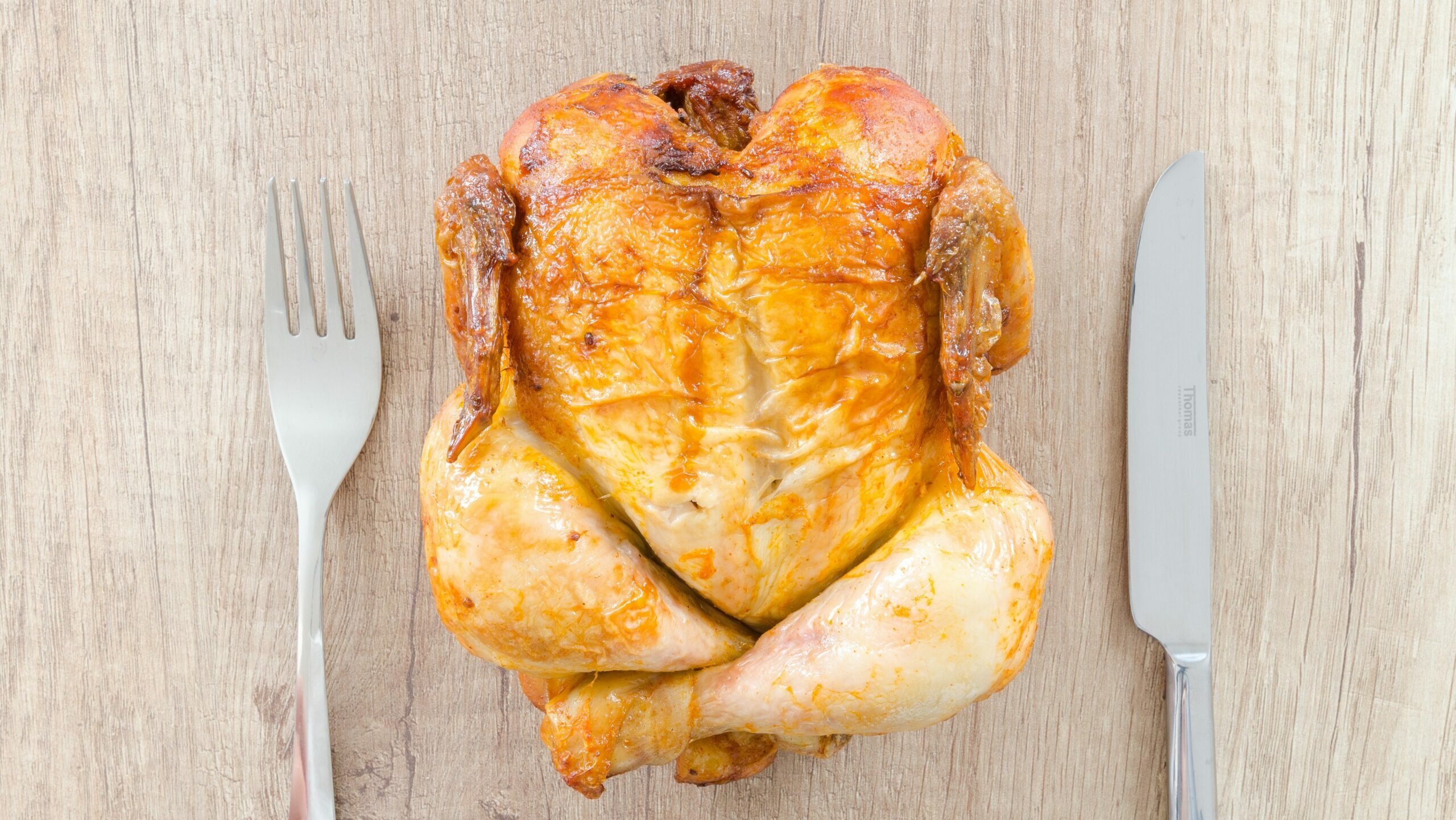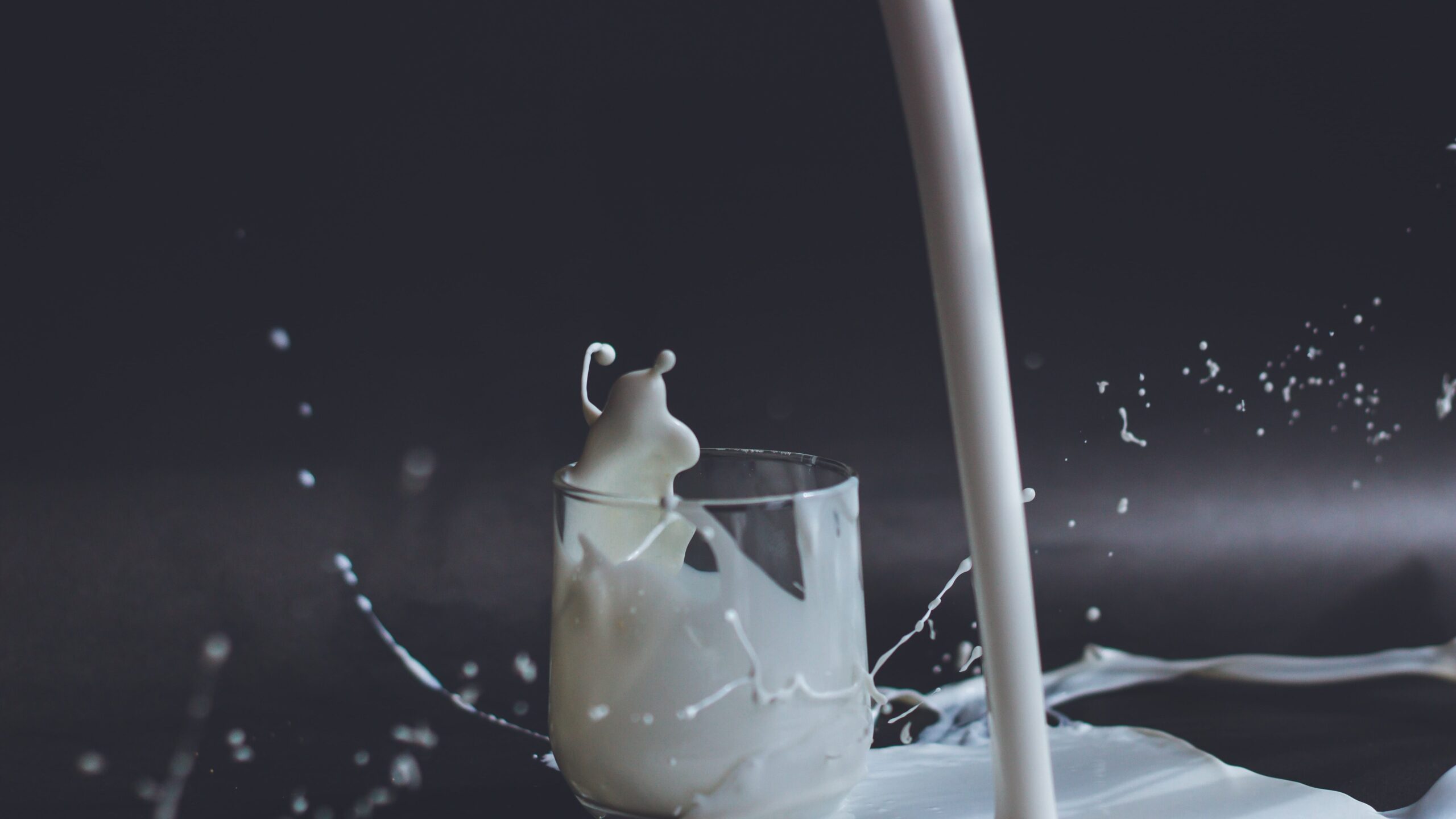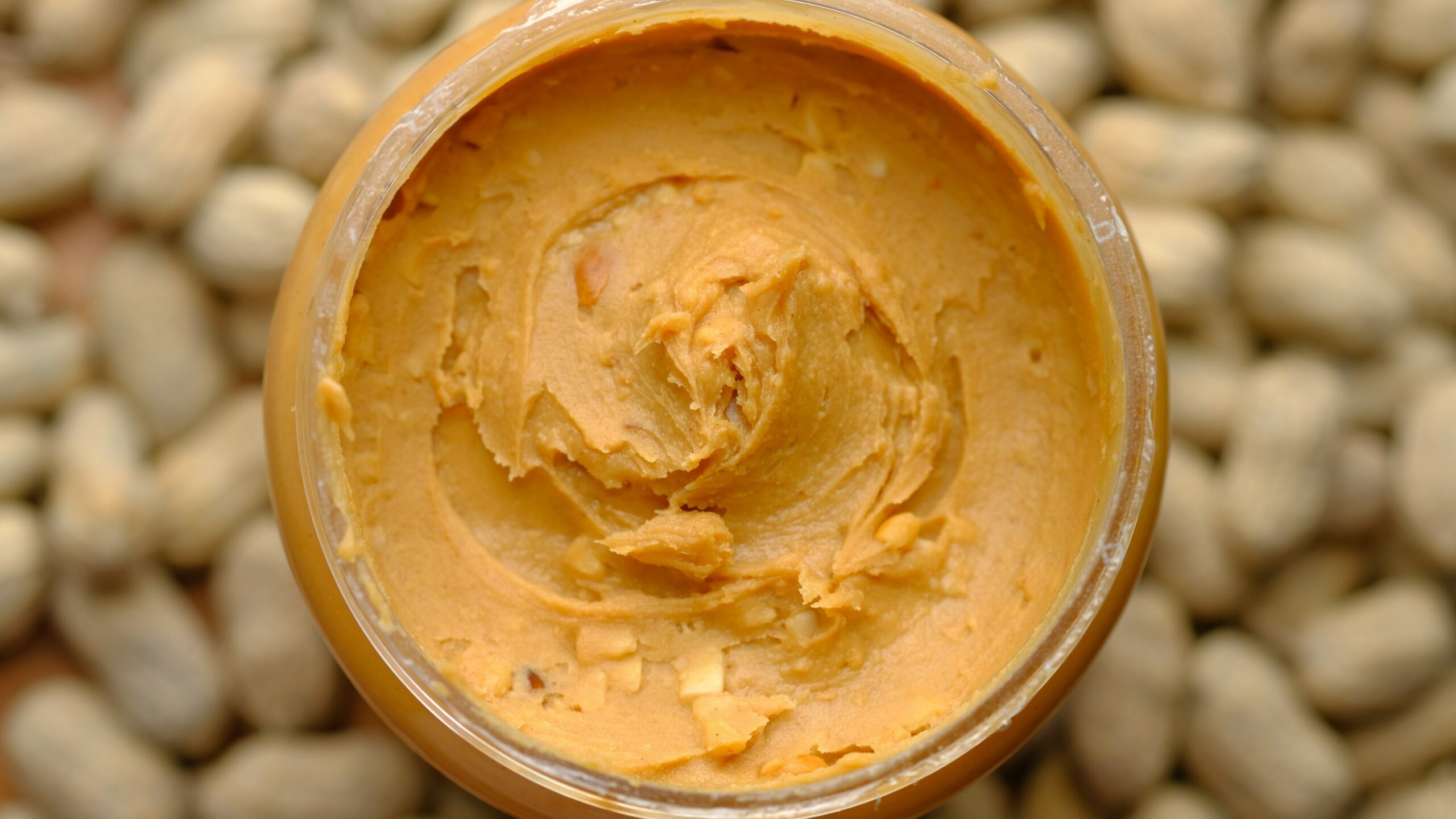This article will look at the list of worst American foods banned abroad because of their harmful health effects on the body.
It seems like something new that will probably kill us is being released every day. The idea that roast coffee can cause cancer was one of the scariest. Yikes! That said, Americans consume an average of 2.1 cups of coffee every day. In fact, if I said I wasn’t currently sipping coffee from a cup, I’d be lying. Thank goodness, there won’t be a ban on coffee anytime soon. After all, it would result in significant riots.
However, there are a number of foods American foods which are banned in other countries because of their harmful health effects on health. America has had notoriously low standards when it comes to food.
Anyone who follows this news may remember the Subway panic where it was claimed that their bread contained a substance used to produce yoga mats. Funny enough, the European Union has outlawed that substance since it harms humans in so many different ways.
So let’s have a look at the list of these American foods banned abroad:
- Chicken

Even though chicken is one of the healthiest foods to consume in the US, the rest of the world doesn’t think much of American chicken. First off, arsenic is occasionally fed to chicken, giving the flesh a pinker, fresher appearance. If you consume too much arsenic, it is poisonous and can cause your death.
Additionally, chlorine is occasionally used to wash the meat in order to eradicate any bacteria on the bird, but ultimately, everything is done for financial gain. Less space is available for chickens in the US compared to the EU.
- Mountain Dew

Even though Mountain Dew isn’t the healthiest beverage available, adding brominated vegetable oil makes it even less healthy. For decades, American sodas have contained this flame-retardant component. It can lead to skin lesions, memory loss, and nerve issues in some people.
It has been banned from all foods and beverages in Europe and Japan for just this reason. In spite of their promises, Coca-Cola and PepsiCo have yet to remove it from any drinks as of 2014.
Also read Soybean Side Effects You Must Know
- Milk

Some dairy farmers continue to utilize rBST in their milk, despite it becoming less widespread in the United States. This hormone leads to more milk being produced.
However, a number of health issues have been connected to it, including the prevalence of mastitis in cows, which contaminates milk with pus and medications. Australia, New Zealand, Canada, Japan, and the EU have all outlawed milk and dairy products from the United States as a result of the usage of rBST.
- Pre-Packaged Ground Beef

Although pre-packaged ground beef is convenient, it contains pink slime. An ingredient called pink slime reduces the overall fat content. Your meat is subjected to ammonia gas or citric acid during the process to eradicate bacteria. This is unregulated and poses serious risks to people. Both Canada and the European Union forbid it.
In many other nations, the selling of American beef is generally prohibited. This is because our cows are given hormone treatments to increase their milk production. Other nations also have restrictions on the use of antibiotics. Therefore, beef is generally frowned upon.
- Chewing Gum

We love chewing gum. While chewing gum is not allowed in some nations because individuals spit it on the ground, chewing gum is prohibited in the UK, Japan, and many other European nations because BHA is present in it.
Although it is intended to keep food fresh and prevent it from spoiling, this chemical has been shown to be carcinogenic to rats. Cereal, nut mixtures, butter, beef, and dried potatoes are other foods that contain BHA.
- Palm Oil

If peanut butter isn’t manufactured with palm oil, there is nothing better than peanut butter and jelly. Because it can raise the risk of cardiovascular disease, palm oil is bad for your body. However, the EU made the decision to outlaw this substance for an entirely different reason.
The EU voted to outlaw palm oil and the products that utilized it at the beginning of 2019. The goal was to curb destruction in the jungle rather than harming people. American goods like ice cream, chocolate, bread, cookies, Ritz, and of course the aforementioned peanut butter use a lot of palm oil.

